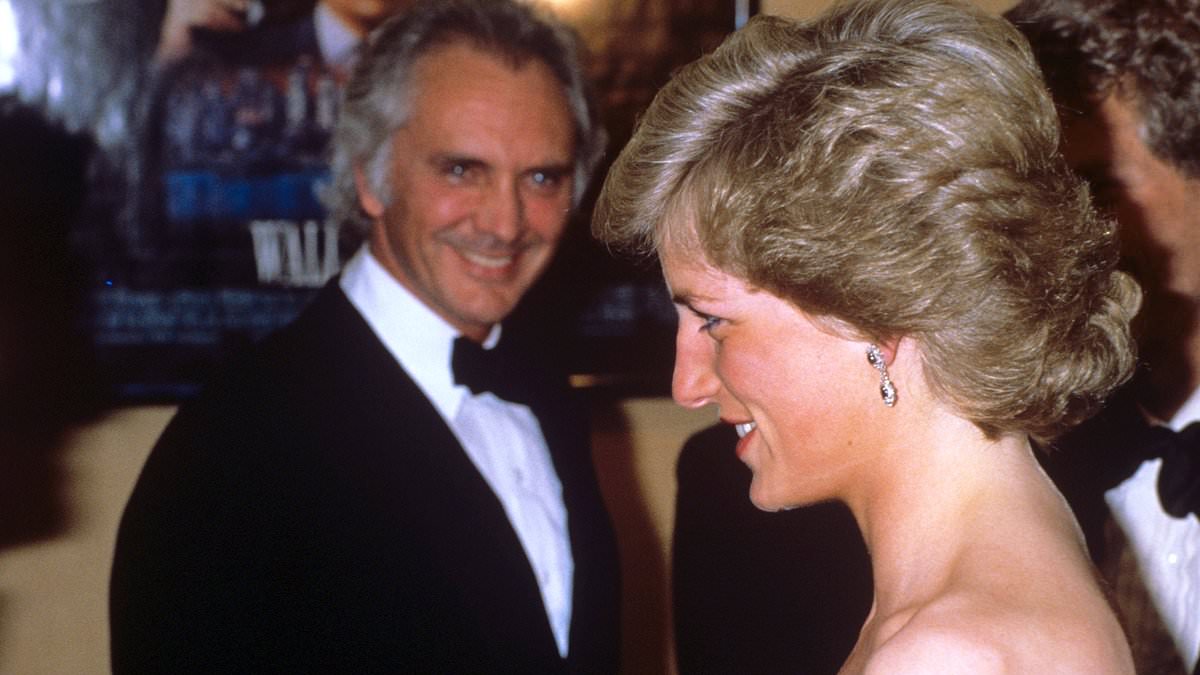
When Terence Stamp graced cinema screens for the first time, he was immediately hailed as one of the most beautiful men to ever appear in Hollywood. With his striking blue eyes, angelic features, and a boyish mop of blond hair, his debut role in Billy Budd (1962) earned him a Golden Globe Award and an Academy Award nomination—all in one stroke. Yet, his life story extends far beyond his looks, encompassing a mix of charisma, self-exploration, and missed opportunities.
Hollywood’s Golden Boy
Terence Stamp’s rise to fame in the 1960s was meteoric. Guided by his close friend and flatmate Michael Caine, Stamp navigated London’s budding film industry, even landing significant roles alongside stars such as Julie Christie and Brigitte Bardot. Acting seemed effortless for him, but beneath his charm was a man known for his hesitations. This indecision led him to turn down career-defining roles like King Arthur in Camelot and the lead in Alfie, a role that ultimately propelled Caine to global stardom.
The Swinging Sixties and Love Affairs
Beyond his acting, Stamp was known as much for his whirlwind romances with icons of the era. His relationships with Jean Shrimpton—the world’s first supermodel—and actresses such as Julie Christie were highly publicized. Still, his love life seemed to mirror the instability of his career. Shrimpton, who broke off their relationship after years of waiting for a proposal, candidly admitted she was more infatuated with his beauty than truly loved by him.
Spiritual Journeys and Self-Discovery
When his acting career faltered in the late 1960s, Stamp left Hollywood to embark on an era of personal exploration. His travels took him to India and the Middle East, where he immersed himself in spiritual practices, including meditation, Tai Chi, and Tantric philosophies. For a year, he lived in Pune, India, as a disciple of Bhagwan Shree Rajneesh. Stamp later credited this period with transforming his perspective on life and leading him down a path of vegetarianism and holistic living.
A New Hollywood Chapter
In the 1970s, Stamp received a career revitalization when he returned to mainstream cinema with standout roles in iconic films such as Superman II (1980), where he played the unforgettable General Zod. His famous declaration, ‘Kneel before Zod!’, would go on to become a pop-culture phenomenon.
Later roles, such as the drag queen in Priscilla, Queen of the Desert, showcased his versatility and humor as an actor. Yet, Stamp often revealed that his performances were deeply fueled by inner turmoil, rooted in his strained relationship with his father and feelings of unfulfilled potential.
The Healthy Lifestyle Advocate
A firm believer in holistic health, Stamp became an advocate for whole foods and natural living in his later years. His love of healthy eating gave birth to publications like Stamp’s Vegan Kitchen, which features simple, plant-based recipes. If you’re inspired by his dedication to wellness, consider exploring products like the Vitamix Blender, a must-have for creating nutrient-packed meals and smoothies.
Legacy of a Complex Icon
While Terence Stamp’s career often straddled the line between brilliance and missed opportunity, his legacy remains iconic. From his memorable roles to his spiritual journey, he captivated the hearts and minds of fans worldwide. In hindsight, his life has become an emblem of the 1960s cultural revolution—a unique blend of glamour, introspection, and untamed charisma.
Through triumphs and setbacks, Stamp’s story reminds us of one universal truth: beauty, fame, and success are fleeting, but the quest for self-discovery can lead to lasting fulfillment.






